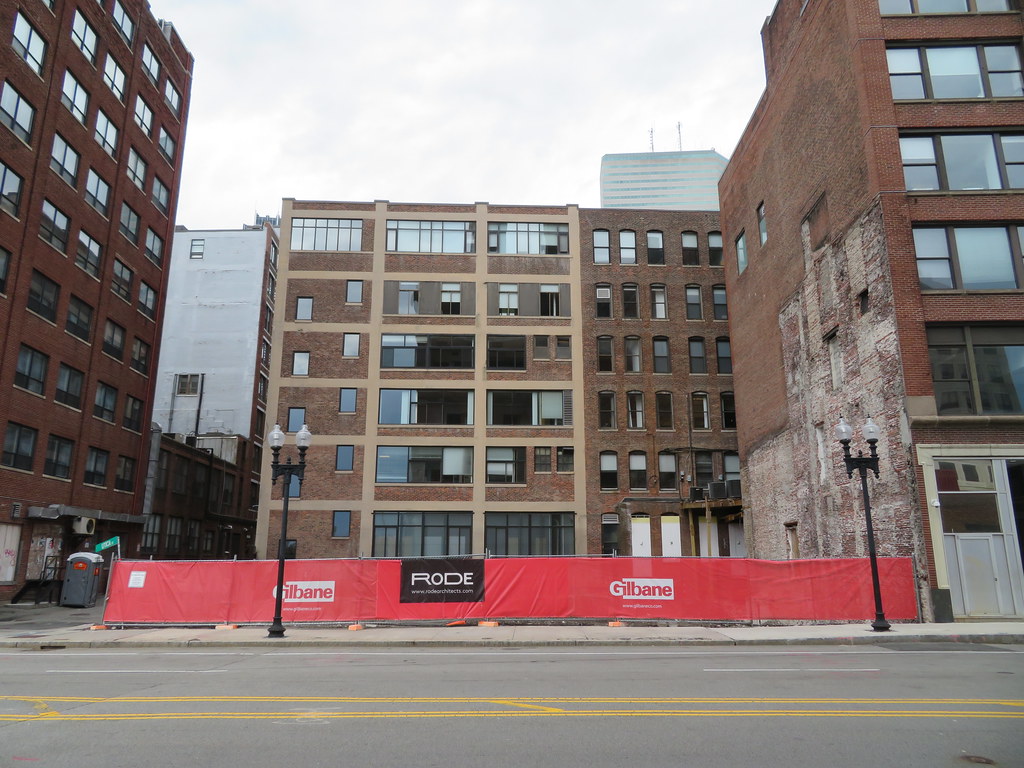JeffDowntown
Senior Member
- Joined
- May 28, 2007
- Messages
- 4,791
- Reaction score
- 3,654
You see that a lot in developments in Chinatown. The income level of many recent immigrants in Chinatown is much lower than the "affordable" index for Boston , so there is often a target for very low income affordability (low % of AMI) in Chinatown.Page 2 lists " This strategy will target deeply affordable housing units at 30% and 50% Area Median Income (AMI). "
The letter on Page 8 enumerates those units at 20.
I had never heard the term "deeply affordable" before. Learning something new every day.

 IMG_5692
IMG_5692 IMG_5694
IMG_5694 IMG_5695
IMG_5695
